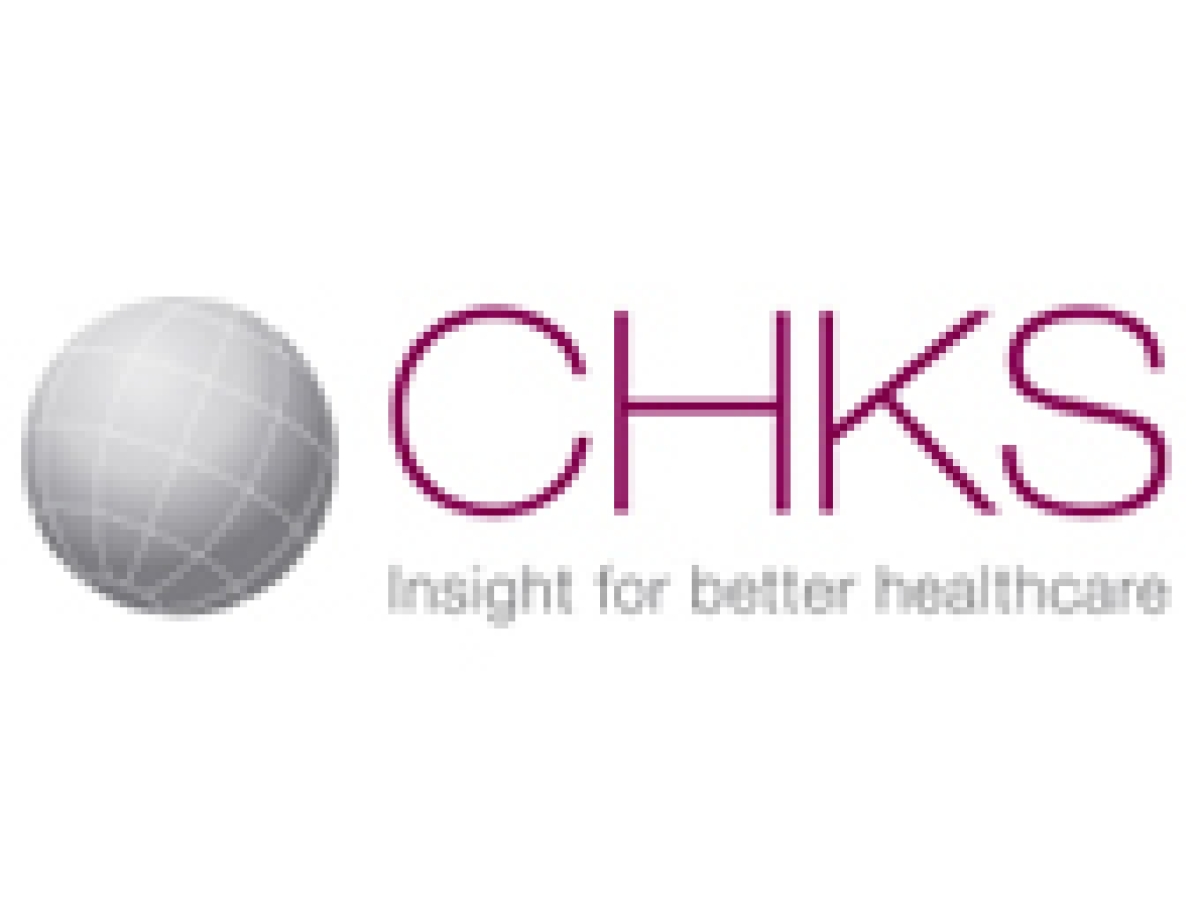
The Five Year Forward View published by NHS England’s new chief executive, Simon Stevens, in October calls for a new focus on public health and new service models to help the NHS close the gap between rising demand and funding which could reach £30 billion in 2020-21.
Within this plan are major shifts in the focus including commissioning for outcomes – not activity and the redesign of care system models. Driving this transformation is £2.7 billion to incentivise commissioners and GPs to achieve these changes.
The implication for acute providers will be a demand for more coherent, timely and actionable information for commissioners and giving consideration to population-based virtual commissioning budgets that blend primary care, local hospital and community, and specialised services, as a basis for fairer allocations.
The National Information Board’s IT framework was published in November and seeks to align NHS IT strategy with these policy imperatives, and to set out the role of national and local organisations in delivery. Andy Williams, the chief executive of the Health and Social Care Information Centre, says that building public trust will be one of its big focuses for the year; and one of the things that it will be keeping in mind as it sets out new rules for accessing information for commissioning at the end of January.
Going forward providers will have to continuously demonstrate that they are equitable, can meet high clinical standards, and live within the locally sustainable funding envelope. This will have to be supported via independent evaluation, and regular performance benchmarking against comparable areas with periodic opportunities for commissioners to decide whether to continue, with or amend, current contract arrangements.
Our view
Given the above landscape, it is clear to CHKS that access to, and use of provider generated patient information by both internal and external bodies will increase significantly over the next 12 months.
A key challenge for Trust boards will be to make sure the information is used and managed appropriately and that the underlying data is accurate and up to date. They need to ensure any confounding factors associated with data use is understood by their clinicians and commissioners as substantial financial and reputational risks are now associated with not doing this. This is especially true in the current political climate.
CHKS recommend trust boards proactively engage their internal teams and local stakeholders and share the analytics provided by us, with support from your CHKS consultant who can help you to interpret and present the analysis.Given the above landscape, it is clear to CHKS that access to, and use of provider generated patient information by both internal and external bodies will increase significantly over the next 12 months.
 The Five Year Forward View published by NHS England’s new chief executive, Simon Stevens, in October calls for a new focus on public health and new service models to help the NHS close the gap between rising demand and funding which could reach £30 billion in 2020-21.
The Five Year Forward View published by NHS England’s new chief executive, Simon Stevens, in October calls for a new focus on public health and new service models to help the NHS close the gap between rising demand and funding which could reach £30 billion in 2020-21.